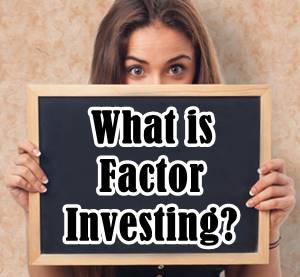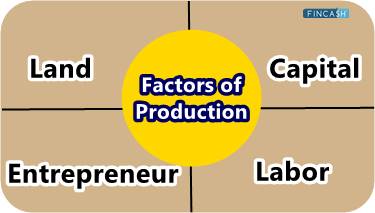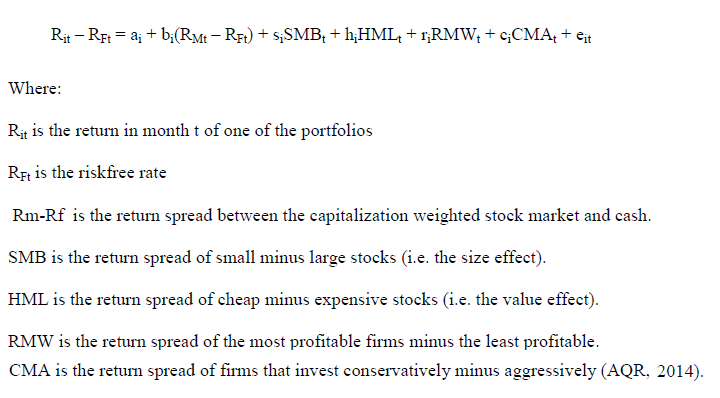
Table of Contents
Macroeconomic Factor
Macroeconomic Factor components can be described as the political, geographical, fiscal, and natural affairs that can have a big impact on the Economy. Note that macroeconomic factors do not cause some random fluctuations that might influence a selected number of people. It rather affects a large number of people in the nation. Macroeconomic factors can impact both regional and national economies. The common examples are sudden changes in the unemployment rates, Inflation, interest rates, and output in an economy. The government and consumers keep tabs on these factors.

Macroeconomics also refers to the study of the connection between different macroeconomic factors that influence the country and a large group of people. Microeconomics, on the other hand, narrows the area the study covers. It focuses on individual agents like politicians, society, and businesses. It is important to note that all the events and decisions that can impact the economy as a whole or the major part of the nation fall into macroeconomics. Take fiscal and political policies, for example. These changes can affect a large part of the economy. It could also influence the international regulations.
Negative Factors
As the name suggests, negative macroeconomic factors are the policies, regulations, and compliances that can put the economy at risk. In other words, these events have a negative impact on the economy. For example, the involvement of a country in an international war can affect several lives, assets, Real Estate, and people.
It can lead to political instability in the nation. Another example is the 2008 catastrophic events that created an economical crisis in the United States. Not only the political and economical factors, but natural and environmental issues are also included in the macroeconomic factors. A flood, earthquake, and other natural disasters can jeopardize the economy. These natural calamities can kill hundreds of thousands of people, ruin crops, and destroy properties.
Diseases and health issues are also included in the macroeconomic factors (negative). For example, the Ebola virus outbreak in South Africa in 2014 wreaked havoc in the country. Similarly, COVID-19 pandemic influenced almost all economies.
Talk to our investment specialist
Positive Factors
Macroeconomic factors also include the events that have a positive impact on the particular region or the entire nation. These factors result in the growth of an economy. If the price of gas and fuel declines in the UK, people will be able to purchase goods and services easily. Not only will it make more goods and services accessible to the public, but the lower prices of the products will increase the demand for these goods in international countries. The economy will get more revenues by exporting the items to international countries. As a result, the profits can drive the share values up.
However, the economy can enjoy prosperity only for a brief period. If the demand for a product increases, then the producers will increase their prices. As a result, families will make purchase decisions carefully. When supply is higher than demand, the prices of the products will decrease.
All efforts have been made to ensure the information provided here is accurate. However, no guarantees are made regarding correctness of data. Please verify with scheme information document before making any investment.











